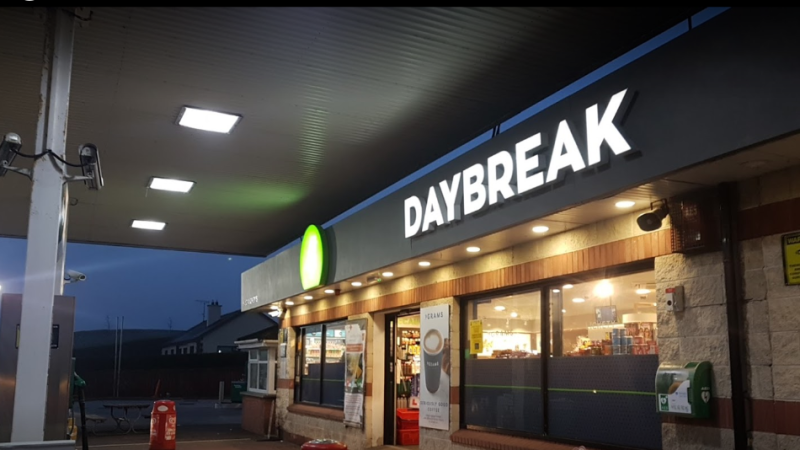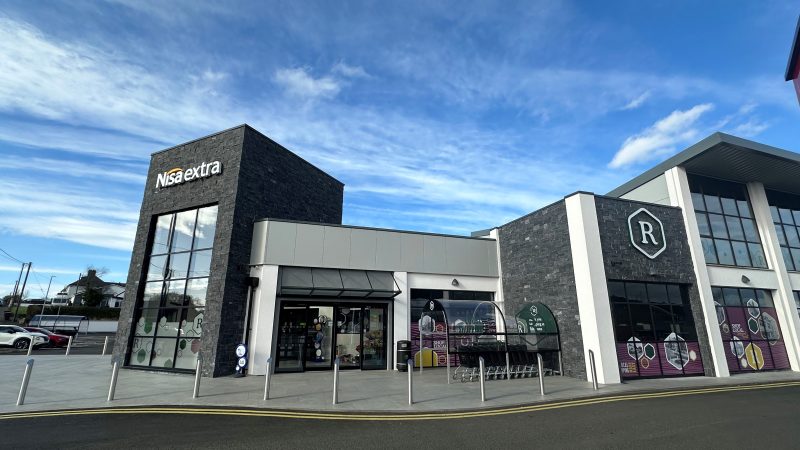Tara Buckley, RGDATA: Brexit, the next challenge

When IF&CR last spoke to Tara Buckley back in June, we were slap bang in the middle of lockdown. We’d come through periods of panic-buying, dramatically reduced footfall on our streets, and months of remaining indoors, and were tentatively looking towards a new normal. The question retailers were asking was: what comes next?
Since then, one of the biggest changes has been the introduction of mandatory face masks, says Tara. “For our members in our larger supermarkets and convenience stores where it’s a planned trip it seems to have worked quite smoothly. There’s very high compliance. There have been a small number of issues, but certainly to date it looks like people are getting used to wearing a face mask.”
As for issues of non-compliance, Tara says that’s a matter for the gardai. “We advise our members to put up the signage and advise the customers at the door through signage that wearing a face mask is now mandatory. If there were issues with aggressive customers who refuse to wear one we advise them to call the guards. We had a number of conference call meetings with the government prior to the introduction of mandatory face masks and we had made the point consistently that the enforcers needed to the be the gardai; not an issue between shopkeepers and their customers. It’s very difficult for a store, especially with young staff to implement. We didn’t want it to be their responsibility.”
Since the arrival of the new government at the end of June, Tara has also been busy raising issues with the new ministers. “The passing of the Occupiers Liability Amendment Act was one we asked them to prioritise. We’ve been waiting since 2015. We’ve been campaigning about insurance premiums in shops. We’ve been engaged with an awful lot of activity and research but we need absolute action and this is what we’ve been impressing on the government. RGDATA has organised and drafted the Occupiers Liability Amendment Act. It’s our view if we want to see a reduction in premiums that has to be passed.
“There are several other issues in the area of insurance reform,” Tara adds. “Ourselves and many other groups have been pressing on the incoming government a list of around seven actions they need to take as a matter of urgency.
Back to Brexit
The other issue that’s coming down the tracks at us is Brexit, Tara notes. “With the huge amount of time and effort that went into maintaining convenience services during COVID-19 it’s been on the backburner for some of the smaller businesses. The big wholesale groups have been working very hard on organising themselves. The vast majority of our members that are in a symbol group are happy that their symbol group are sorting out all the issues in relation to Brexit. But we still would have some non-aligned members. I do have concerns that they now need to turn their attention to Brexit, because it’s going to happen. There’s no doubt that over the next couple of weeks that it’s something that’s going to need to become very live in the minds of independent retailers.
“For the non-aligned retailers a big concern is securing their supply chain and having it ready for when Brexit is implemented so there are things that need to be done, different types of certification, and ensuring your suppliers are certified as well and your supply chain is robust.
“It’s going to be challenging for everyone. But the food supply chain has shown it’s resilient and a lot of the practices we were working on were used to keep the food supply going during COVID-19 so we’re probably more advanced than we thought we were in terms of preparations.”
To read the rest of this interview, access our FREE digital issue here.








